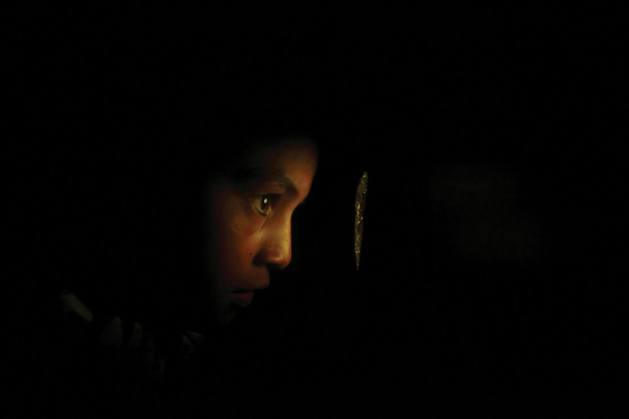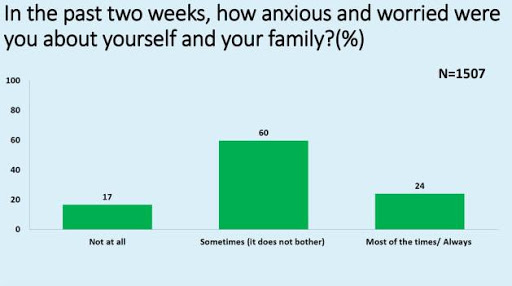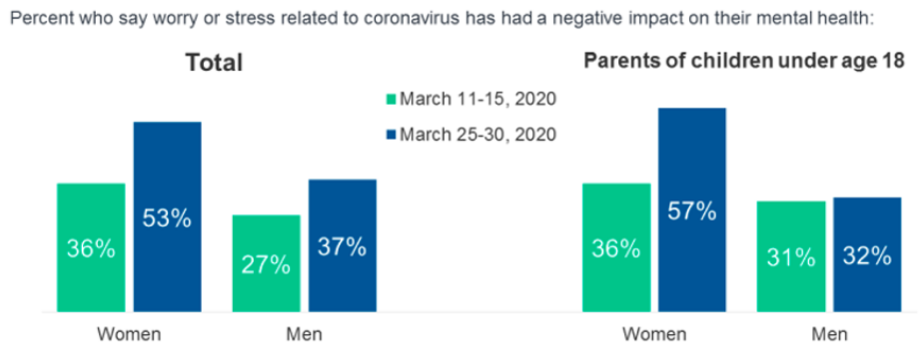Coronavirus: How to Recover the Impact to Mental and Psychological Health During and After the Epidemic

Lots of experts, doctors and psychologist have been talking about people’s mental and psychological health impacted by COVID-19 pandemic since the first cases confirmed in Europe and USA. Apart from the infection pressure, unemployment situation, and worse family and personal financial stress, people’s mental and psychological health are facing a huge challenge during the pandemic, and this impact will last for a long time after the epidemic. This is a critical reason why people went to street protest against the lockdown and stay-at-home policy, and asking return to work strongly.


Above just are two researches about the impact on people mental health, it is not able to cover all cases, but the real situation might be much worse. Lots of domestic abuse events were reported in the past weeks all over the world.
As known, WHO said there is not timeline when coronavirus will disappear, and COVID-19 will be totally controlled. People have to learn how to live along with coronavirus in a long term, and the impact to people mental health will be there in a long term as well. So, how to recover, and rebuild people mental and psychological health in the post epidemic period becomes a most important topic for every one. Experts gave some points as below.
Normal People Always Be Anxious
For most community residents, the current realistic problems are mainly in the aspects of returning to work and self-protection. On one hand, residents need to ensure their own safety, and on the other hand, they must find a way to complete their work, so there may be a certain amount of psychological anxiety. Anxiety usually stems from uncertainty about things. In this case, residents with more obvious anxiety need to evaluate their anxiety experience.
Generally speaking, if anxiety does not affect normal life, it is not need to change deliberately; if restless or sleep are seriously affected, people may need to take some psychological self-help methods, such as abdominal breathing, mindfulness exercises, etc. You can also consider whether you have overestimated the risk of infection, or the normal changes in work life as a bad omen. Usually after adjusting the high-risk and catastrophic ideas of things, the mood will be better improved.
Medical Workers
For medical workers, the main task in the later stage of the epidemic is to restore normal medical order, and at the same time to prevent possible suspected cases. At present, not all hospitals have strengthened infection protection, and have enough medical protective equipment supplied. It may bring some other anxiety to them. Hospital management team should do more to relieve the tension of medical staff. Studies have shown that the usual attention to washing hands, wearing masks, timely disinfection and other protective measures help reduce the anxiety of medical staff.
Medical staff who have witnessed the death of the patient, are very sympathetic to the situation of the patient and their families, and feel the vulnerability may also have alternative psychological trauma or post-traumatic stress disorder. If you have high alertness, irritability, emotional numbness, or frequent intrusive pictures appearing in your mind, you may need to seek the help of a professional psychological counseling agency.
- Disposable Medical Face Masks with Elastic Ear Loop 3 Ply Breathable and Comfortable
- Disposal Protective Clothing for Medical Use
- N95/KN95 Protective Mask with Elastic Ear Loop
- Surgical Mask with Elastic Ear Loop 3 Ply Breathable and Comfortable
- ZeroVirus Space Portable Sterilization Bar
Suspected Cases and Confirmed Cases
There are still lots of suspected, newly confirmed patients with coronavirus pneumonia who have not been cured and are still facing greater psychological pressure. They may experience a greater sense of loneliness and loss of control. If this happens, people may think a bit different to the viruse, and some other ideas to alleviate their concerns about avoiding contact. And if If possible, try to establish contact with others through internet or telephone. Many studies have shown that the more social support you feel, the faster the individual’s loneliness will be relieved.

In general, during the epidemic, everyone in the society experienced pressure and shock at different levels. In coping with stress, there are generally three ways to cope with problems, emotional coping and life-meaning coping. In the later stage of the epidemic, people are already familiar with the protection of the coronavirus and its protection methods, but the impact of the epidemic and the impact on the outlook on life will remain for a long time. In terms of emotional shock, many people will experience anxiety, depression, or sudden changes in mood, overreaction, irritability or lack of energy, and even changes in diet and sleep. If these emotional problems exist within a short period of time, they should be normal responses to stressful events, and no special treatment is required.
If these emotional problems persist for more than two weeks, you should consider making some positive adjustments as much as possible, such as more contact with family and friends, for more social support; self-expression through writing, diary, etc .; participation more Social activities to reduce social isolation; accept your vulnerability and do n’t deny your emotions. If you can express your emotions or ideas with people you trust, you have more opportunities to alleviate negative emotions.
For some people, experiencing or witnessing the death of relatives, friends or strangers during the epidemic will have a greater impact on their outlook on life. Some people have readjusted the priorities of important events in their lives. Some people have begun to think about the meaning of life. Others have been traumatized and have doubts about the future value of life. These problems are not easy to solve and answer. Everyone needs to pursue the value and meaning of life in their own way, so as to obtain post-traumatic growth. If you are still in a state of pessimism, pain, feeling meaningless or confused for a long time, you can also seek the help of a professional psychological counseling agency.
You may like:
Sequelae, Prevention, Treatment, Spread, Questions on Coronavirus and COVID-19 You Must Know
Be alert to Asymptomatic Infections, A Big Risk After Economy Restarted
Man Have More Risk to Be Infected by Coronavirus, Why?
Sugestions From A Chinese Doctor for Surviving In Post-epidemic period
Does Trump Government Wants Coronavirus Killed and Disappear?
